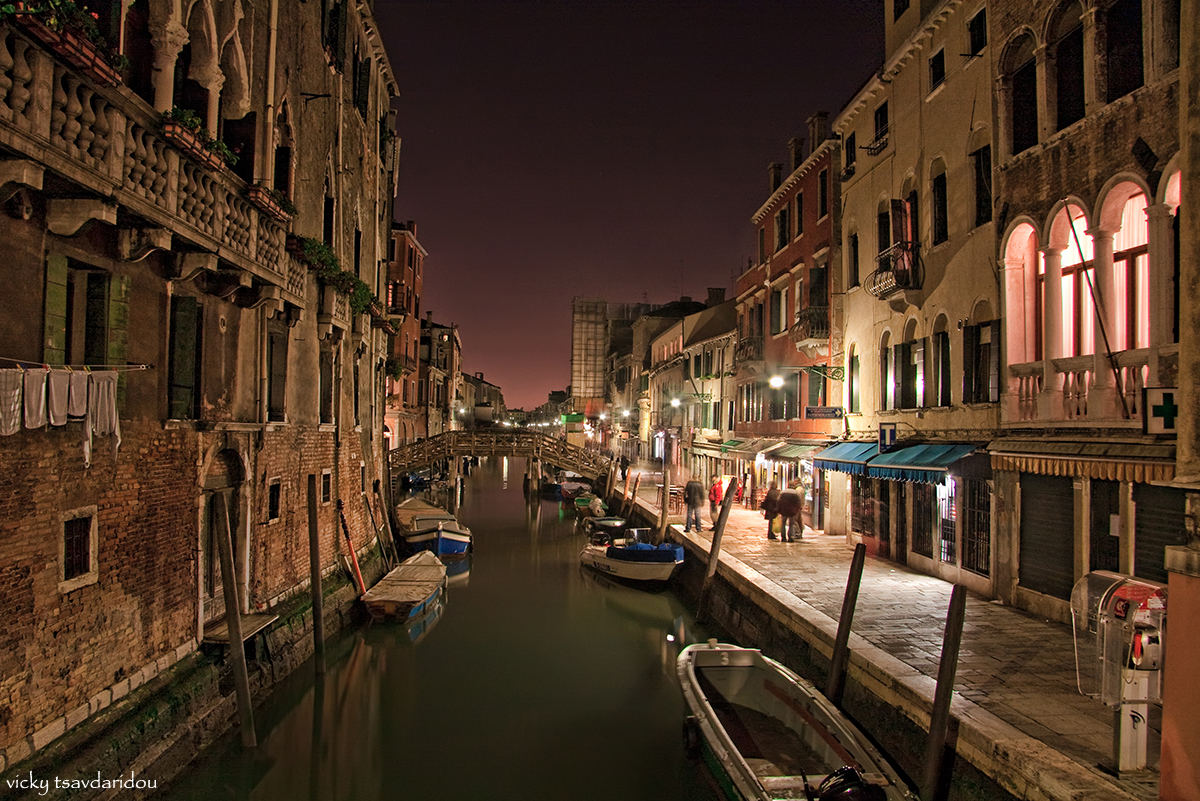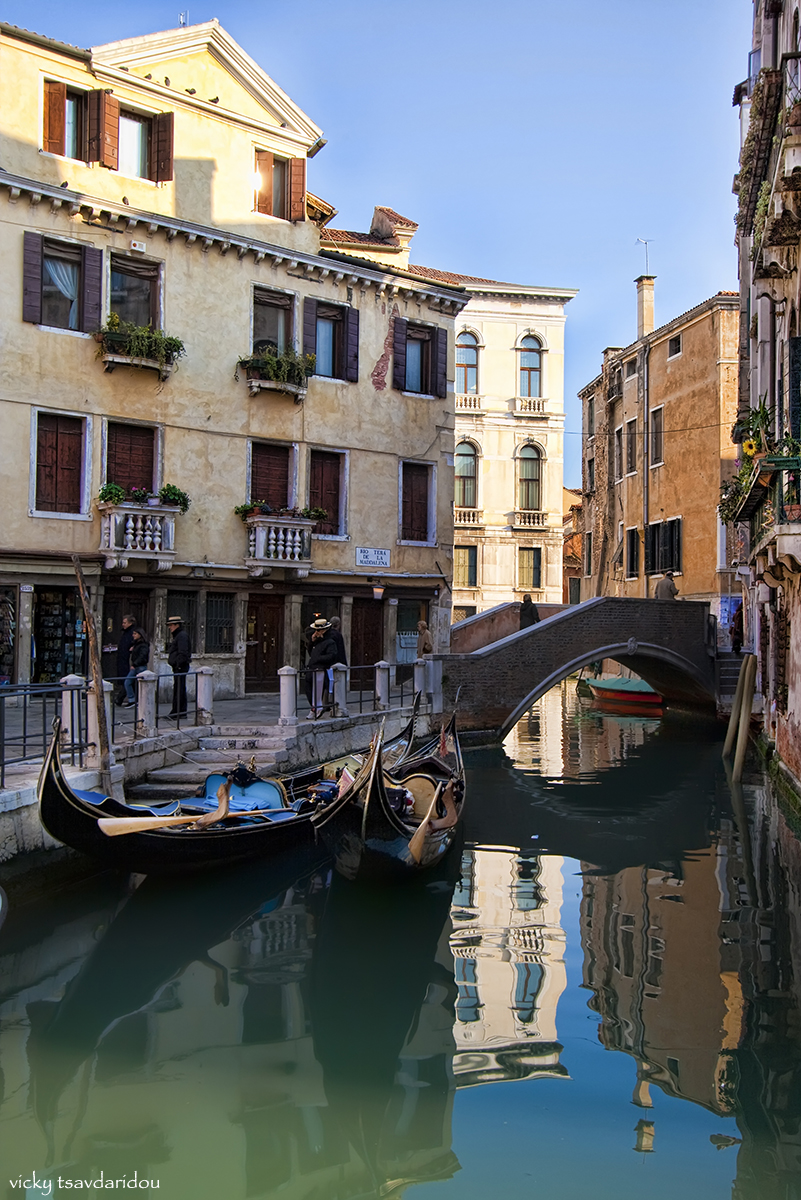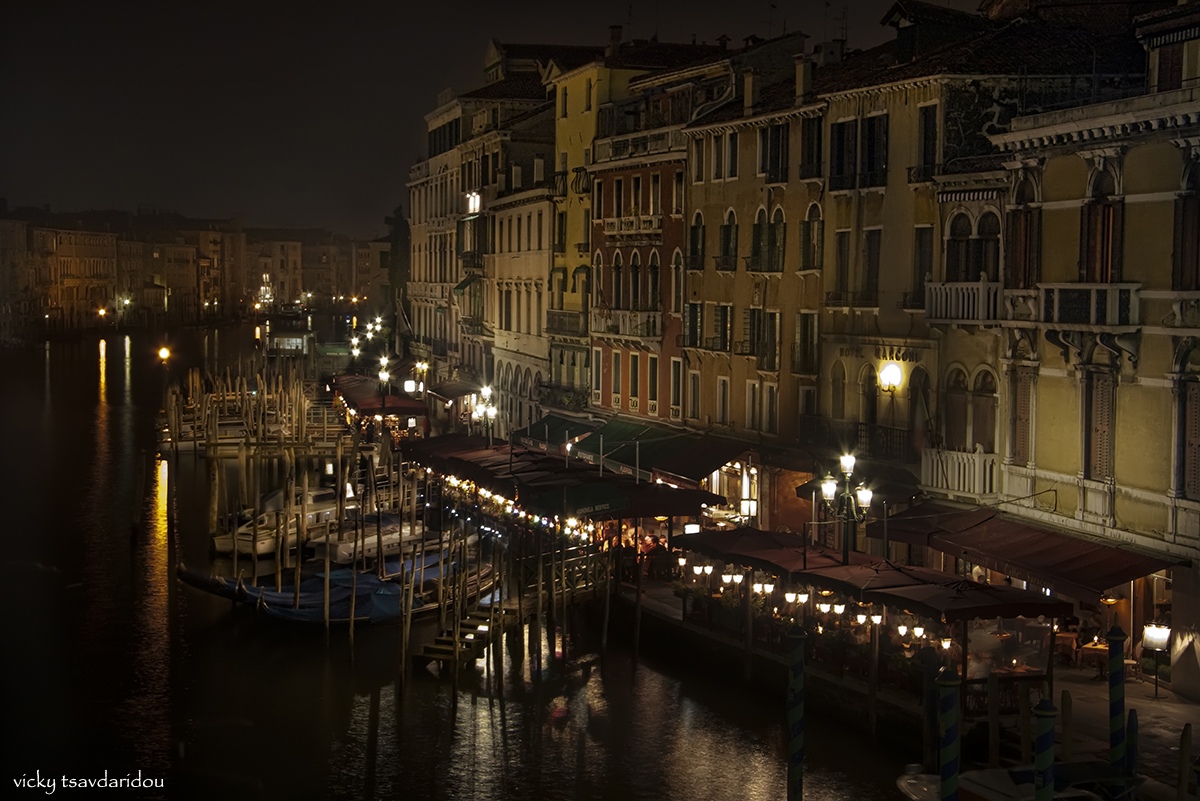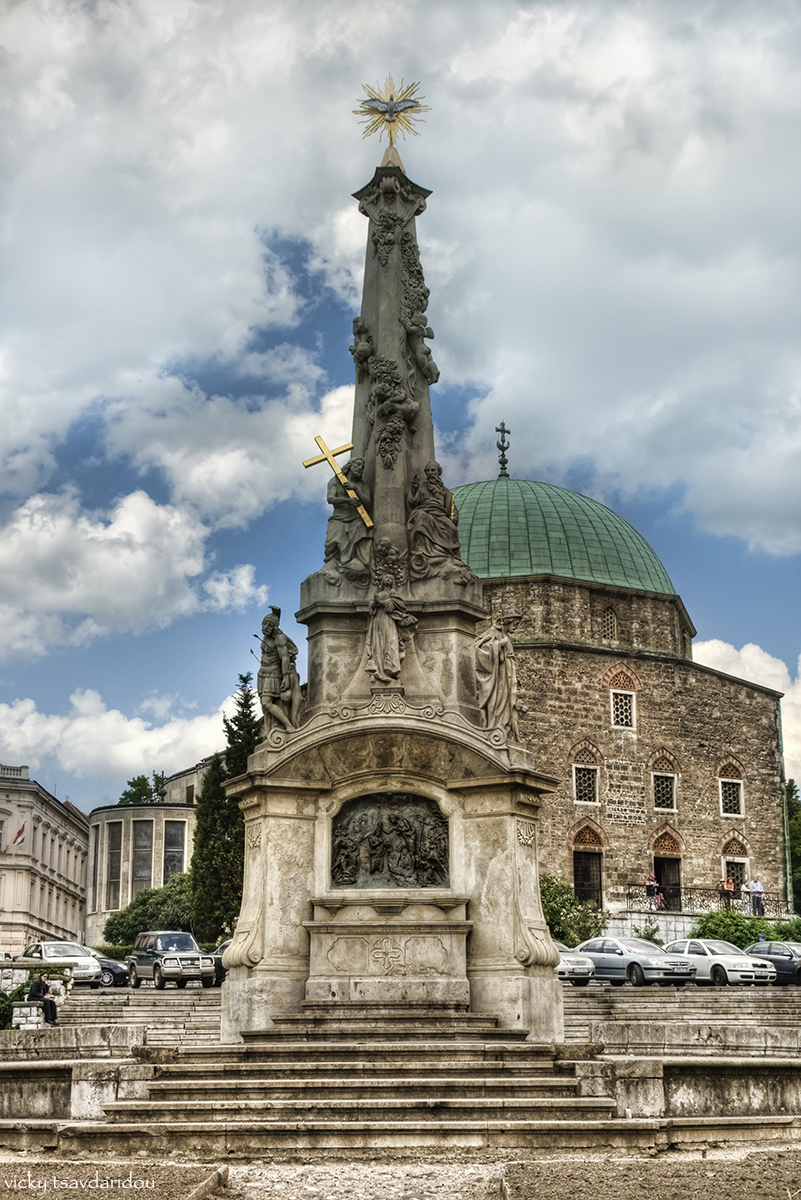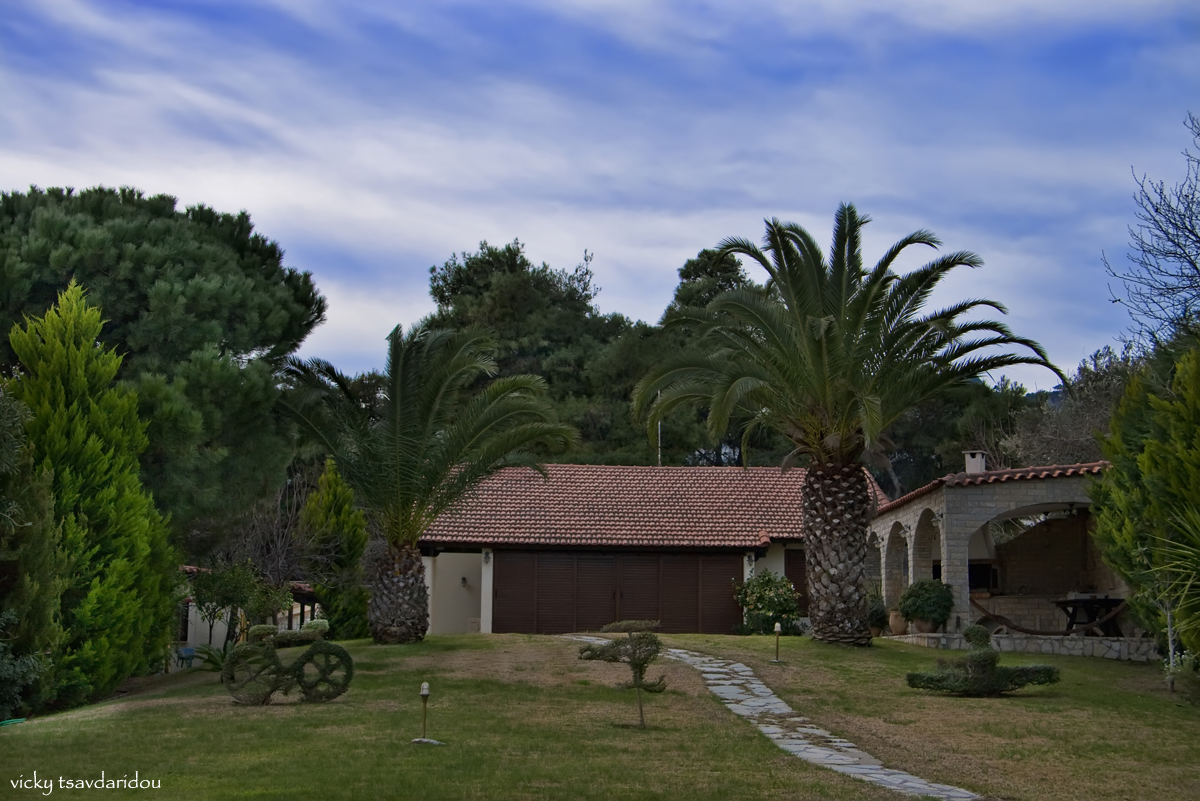Nea Makri
Skywatch Friday
Location on map
The area was once known as Plesti, but following the 1922 Greek military disaster in Asia Minor and the subsequent repatriation of Greeks from the town of Makri, it was renamed Nea Makri (New Makri).
The United States Navy operated a HF radio communications base north of Nea Makri from the mid to the late 20th century. The transmitters were located further north, at Kato Souli. The callsign of the station was NGR. The American naval communications station was the deployment location for Naval Mobile Construction Battalion NMCB-133, homeported in Gulfport, MS.
Pecs
Skywatch Friday
The mosque of Gázi Kászim pasa (pasha Qasim the Victorious)
Pécs is the fifth largest city of Hungary, located on the slopes of the Mecsek mountains in the south-west of the country, close to its border with Croatia. It is the administrative and economical centre of Baranya county. Pécs is also the seat of Roman Catholic Diocese of Pécs.
Pécs is the fifth largest city of Hungary, located on the slopes of the Mecsek mountains in the south-west of the country, close to its border with Croatia. It is the administrative and economical centre of Baranya county. Pécs is also the seat of Roman Catholic Diocese of Pécs.
Pécs has been selected to be the European Capital of Culture in 2010 sharing the title together with Essen and Istanbul. The city's motto is: "The Borderless City".
During World War II Pécs suffered only minor damages, even though a large tank-battle took place 20–25 km south of the city, close to the Villány area late in the war, when the advancing Red Army fought its way towards Austria.
After the war development became fast again, and the city grew, absorbing several nearby towns. In the 1980s Pécs already had 180,000 inhabitants.
After the end of Socialist era (1989–1990) Pécs and its county, like many other areas, were hit hard by the changes, the unemployment rate was high, the mines and several factories were closed, and the war in neighboring Yugoslavia in the 1990s affected the tourism.
Trikala
Skywatch Friday
Location on the map
Located in the fertile plain of Thessaly in central Greece, modern Trikala is the Homeric Trikka (or Trikki), the birthplace of three of the Argonauts and one of the areas touted as the birthplace of Asclepius (Asklepios), who is more often said to have been born at Epidaurus, where his main temple was sited in antiquity. Ruins of an old sanctuary to the physician-god, an Asklepieion, or healing place, are located between the central square and the church of Saint Nicholas (Agios Nikolaos) in Trikala; it is the oldest Aesculapium of Greece - a kind of medical centre, from which the worship of Aesculapius gradually spread.
There are other late Hellenistic and Roman period remains to be seen, mosaic floors, a stoa, and baths. Dominated by its Byzantine fortress on Hellenistic foundations occupying the ancient Acropolis, the picturesque city is divided in two by the river Lithaios, with the churches of Agios Demetrios and Agii Anargyri lending more Byzantine character to the modern town. She was managed by First Bulgarian Empire (920-922, 977-983, 996-997) due to occupations by Simeon I and Samuil. She was part of Great Wallachia (1204-1215), Despotate of Epirus (1215-1335), Despotate of Thessaly, who was a branch of one of Epirus, (1230-1335) (Suzerenity of Second Bulgarian Empire between 1230-1241, Nicean Empire between 1241-1261 and Byzantine Empire between 1261-1335), Serbian Empire (1348-1373), Byzantine Empire (1335-1348, 1373-1394, 1403-1411) and Ottoman Empire (1394-1403 and 1411-1881). Trikala was ceded to Greece in 1881 after Treaty of Berlin. It was captured again by Ottomans during the Greco-Turkish War of 1897 on April 28 for six months.
During the Principality of Pindus the national assembly of this state sat in Trikala.
Trikala is home to the General Hospital of the Trikala Prefecture. The Physical Education and Sport Science department of the University of Thessaly is also located in Trikala, and was founded in 1994, with the first students being admitted in the academic year 1994-1995; it was originally housed in the Matsopoulos Park facility, but moved to the new Karyes campus in July 1999. Trikala has over 20 schools of secondary education, and a modern night technical school also functions in the town.
Since December 2005, the Municipality of Trikala offers its residents free high speed Wireless Internet connection. As of 2007, around 95% of the total area of Trikala has access; this is one of the few European cities to offer such a service for free. Since 2009 tele-medicine is available for its residents, to track serious conditions without the need to visit hospitals.
Population: 137,723 (2005)
Εγγραφή σε:
Αναρτήσεις (Atom)
